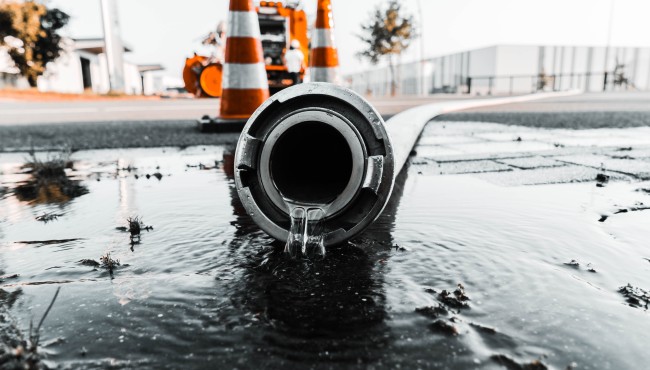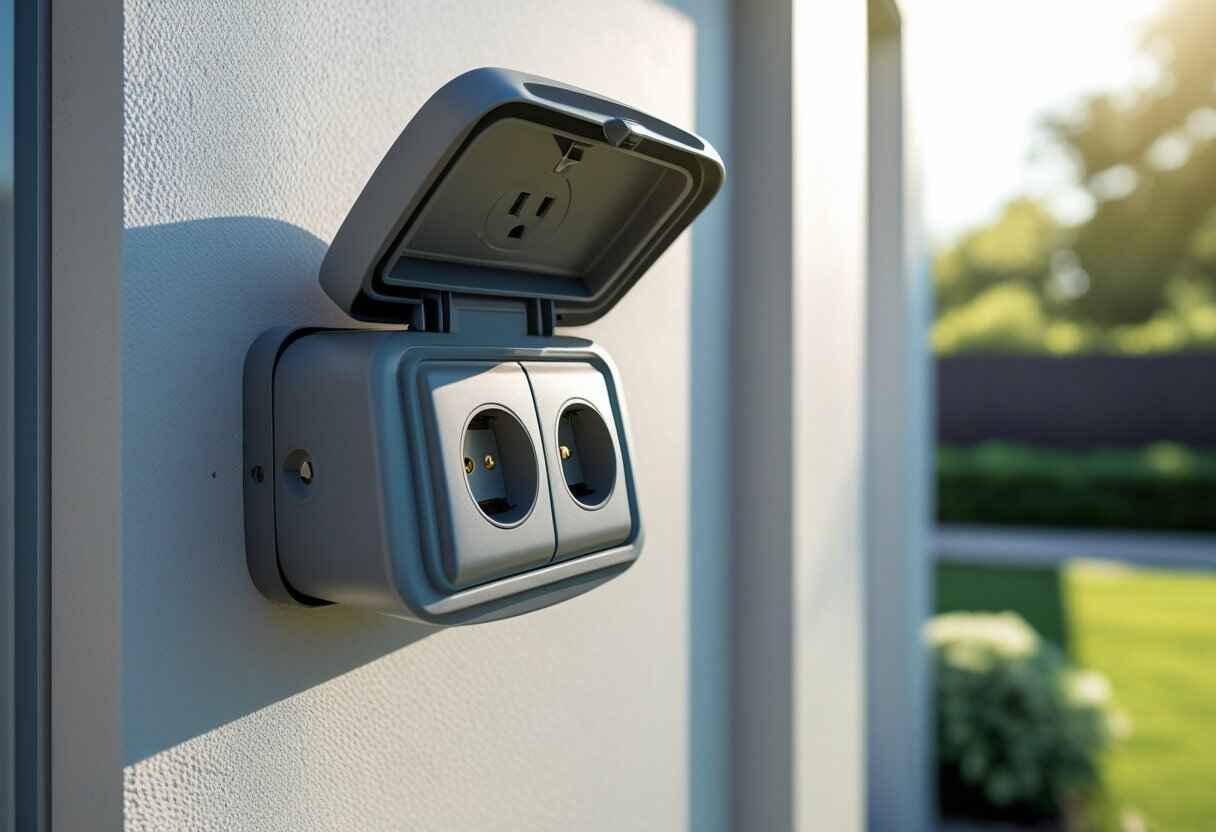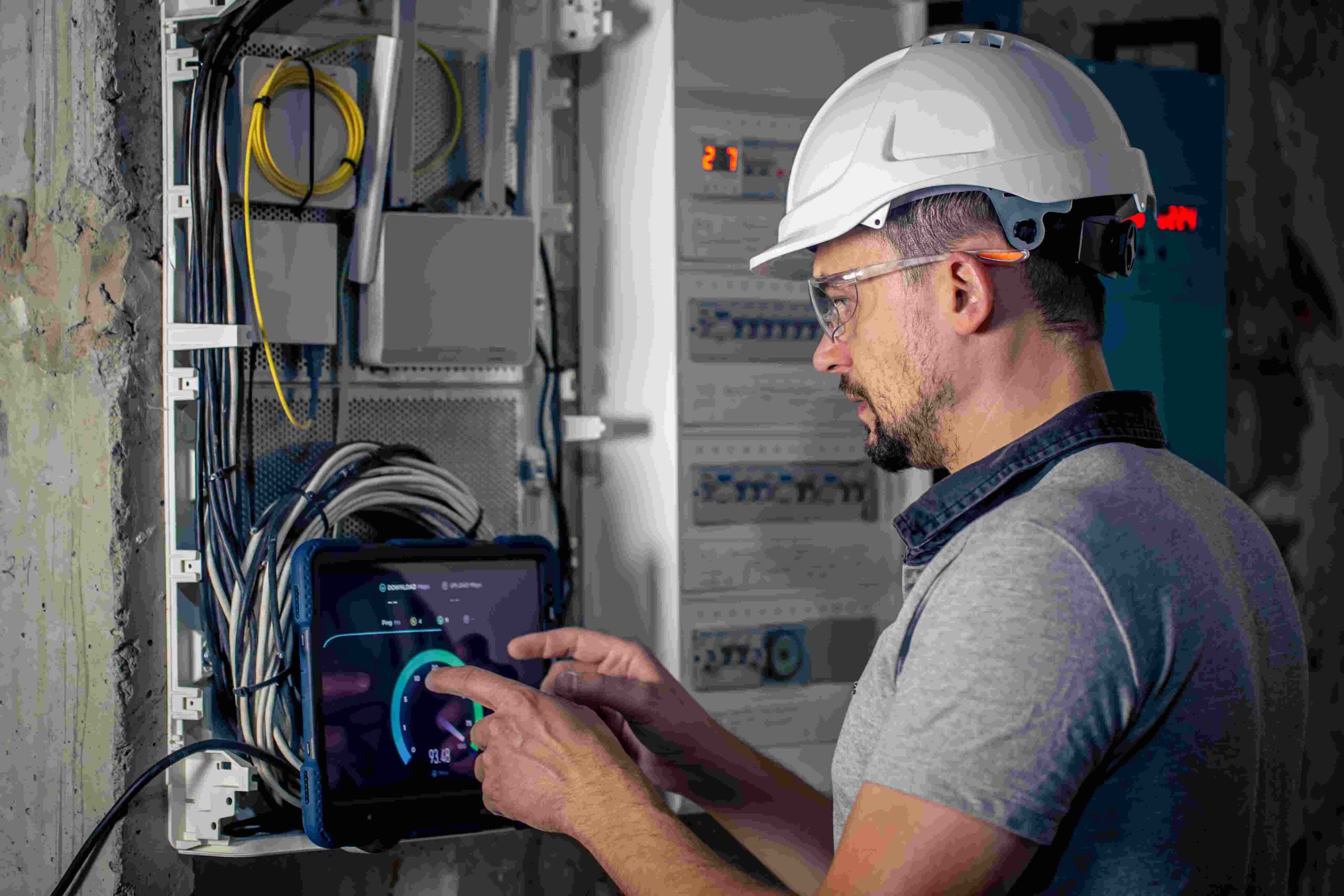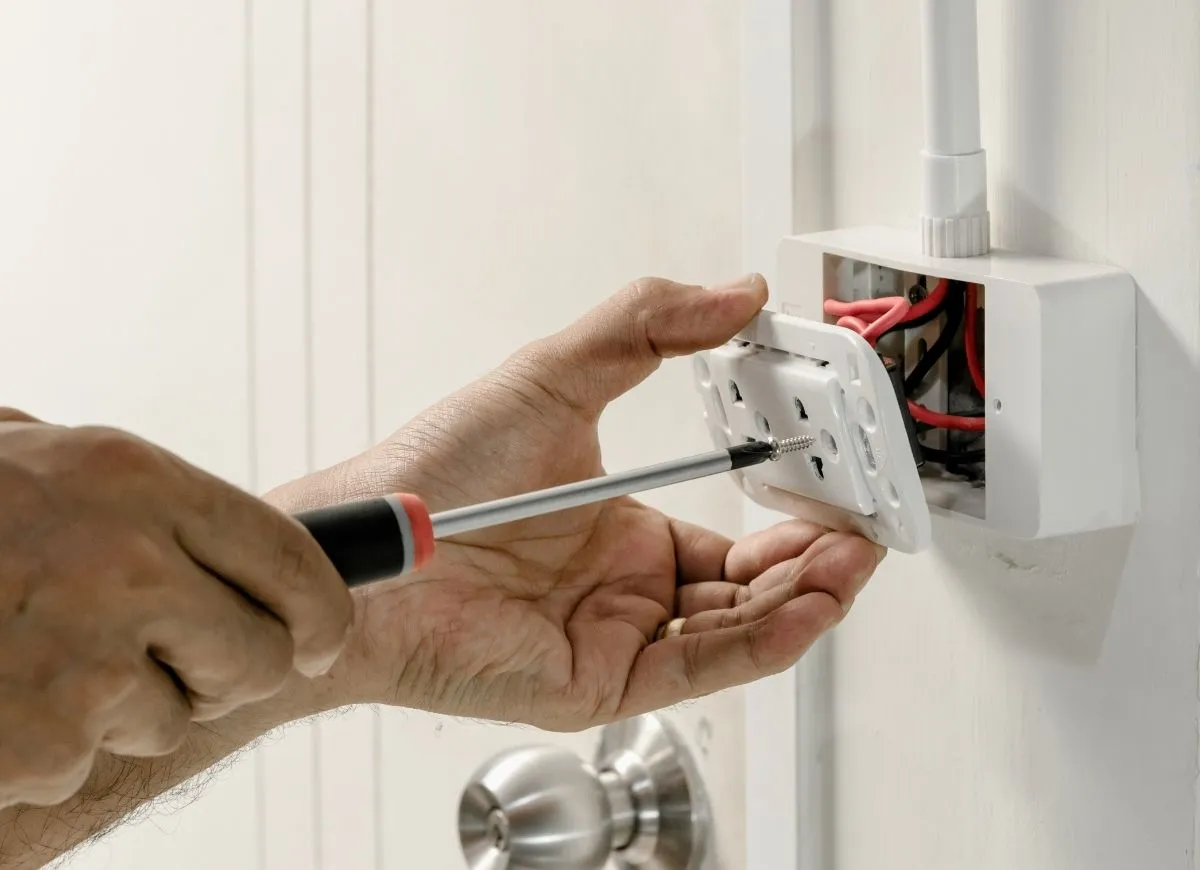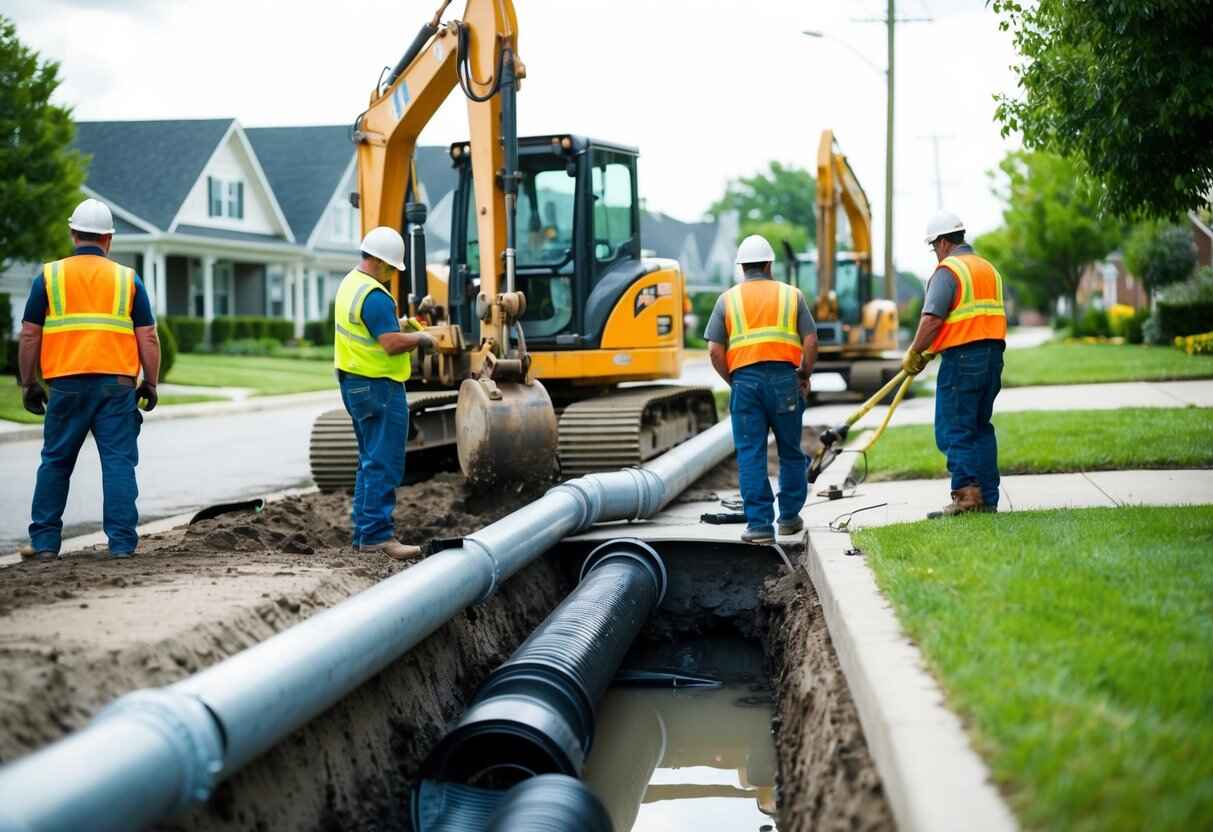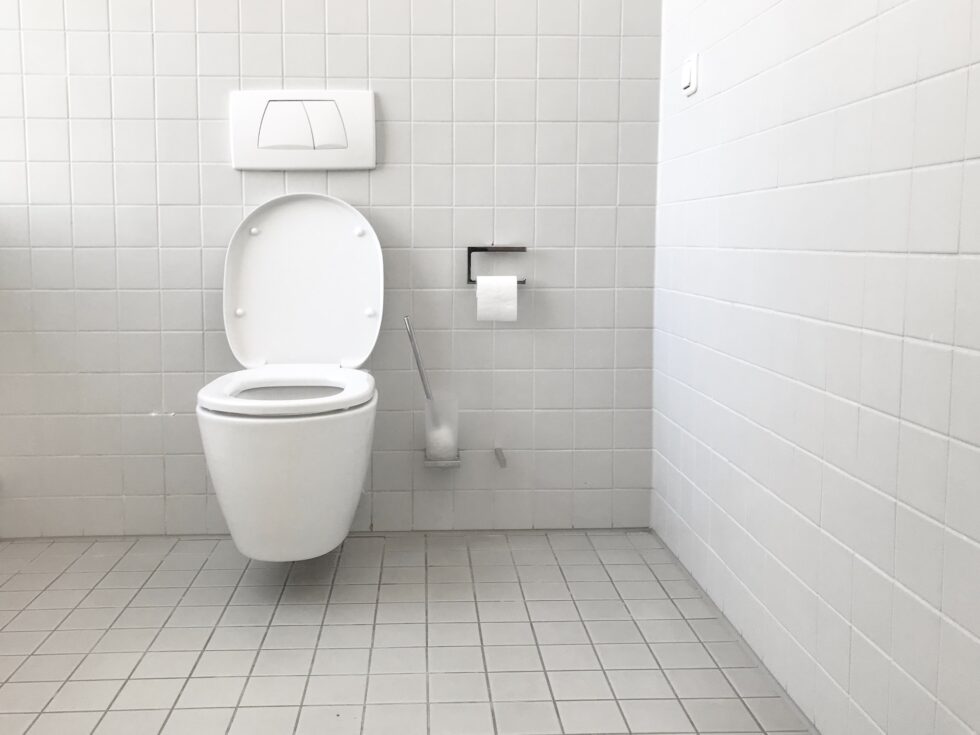A sewer backup can cause major damage to your home, property, and health if left unaddressed. Learning how to prevent sewer backup is essential for every homeowner. This guide will help you understand the common causes of sewer backups, practical plumbing tips, and preventive measures that can save you from costly repairs. By implementing regular sewer maintenance and being vigilant about pipe safety, you can keep your plumbing system functioning efficiently and protect your home. For professional assistance, Home Fix Services offers expert plumbing solutions to prevent sewer issues and maintain a safe, functional drainage system.
Overview: Understanding Sewer Backups
Sewer backups occur when wastewater flows backward into your home instead of draining properly. They can lead to property damage, foul odors, and health hazards due to exposure to contaminated water. Preventing a sewer backup requires a combination of awareness, regular maintenance, and timely intervention. Common causes include clogs, damaged pipes, improper waste disposal, and heavy rainfall. By understanding these causes and following professional plumbing tips, homeowners can reduce the risk of backups and ensure a clean, safe living environment.
Common Causes of Sewer Backups
Identifying the causes of sewer backups is the first step toward prevention. Understanding the problem helps homeowners implement targeted solutions.
Clogged Sewer Lines
One of the most frequent reasons for sewer backups is clogged sewer lines. Debris, hair, grease, and even tree roots can obstruct the flow of wastewater.
Causes of Clogs:
- Accumulation of grease and food particles in kitchen drains
- Flushing non-degradable items like wipes or sanitary products
- Tree roots infiltrating older underground pipes
Impact on Household Plumbing:
- Slow drains throughout the house
- Foul odors from sinks, toilets, or floor drains
- Potential water damage if backups reach your home interior
Preventive Measures:
- Regular DIY drain cleaning using safe tools
- Avoid flushing inappropriate items down toilets or sinks
- Schedule annual inspections with professional plumbers
Old or Damaged Pipes
Aging or deteriorated pipes are highly susceptible to blockages and leaks. Corroded metal pipes or cracked PVC lines can easily cause sewer backups.
Signs of Pipe Damage:
- Unexplained wet spots or water stains
- Frequent clogs despite cleaning
- Strange noises coming from drains
Prevention:
- Replace outdated pipes with durable materials
- Conduct regular inspections for cracks, corrosion, or misalignments
- Engage licensed plumbers for professional plumbing repair
Heavy Rainfall and Flooding
Excessive rainfall can overwhelm your home’s drainage system, allowing stormwater to enter sewer lines and cause backups.
Causes:
- Poorly designed or blocked outdoor drains
- Overloaded municipal sewer systems
- Flooding from nearby streets
Prevention:
- Ensure gutters and downspouts are clear
- Install sump pumps or backflow preventers
- Landscape to direct water away from the foundation
Improper Waste Disposal
Flushing non-degradable items is a common mistake that can lead to sewer backups.
Items to Avoid:
- Baby wipes, paper towels, sanitary pads, and cotton swabs
- Grease and oil poured down the drain
- Small toys or other household objects
Tips:
- Educate family members on proper disposal
- Use trash bins instead of flushing items down toilets
- Regularly clean kitchen strainers and traps
Grease and Food Waste
Kitchen grease is a major culprit in sewer line blockages. When hot grease cools, it solidifies and sticks to pipe walls.
Impact:
- Slow drainage in sinks and dishwashers
- Partial backups that worsen over time
- Increased risk of a full sewer backup
Prevention:
- Dispose of grease in containers instead of pouring down the drain
- Use sink strainers to catch food particles
- Schedule professional sewer maintenance at least once a year
DIY Maintenance Tips to Prevent Sewer Backup
Preventive care is essential to avoid emergencies. Here are some practical plumbing tips for homeowners:
Regular Drain Cleaning
Routine drain cleaning reduces the risk of clogs and backups.
- Use a plunger for minor blockages
- Employ a toilet or sink auger for deeper obstructions
- Avoid harsh chemicals that can damage pipes
Inspect Pipes for Damage
Regular inspection helps identify potential hazards before they escalate.
- Check for cracks, corrosion, and leaks
- Inspect joints and connections for signs of wear
- Schedule professional video inspections for hidden damage
Install Backflow Preventers
Backflow valves are essential to prevent sewage from flowing back into your home during heavy rain or municipal system overloads.
- They act as a one-way valve for wastewater
- Can be installed in main sewer lines or individual drains
- Require annual inspection and maintenance
Monitor Water Flow
Slow drains and irregular water flow can signal a developing blockage.
- Pay attention to sinks, showers, and toilets
- Investigate any unusual gurgling or bubbling sounds
- Act promptly to prevent a complete sewer backup
When to Call a Professional Plumber
Some sewer issues require licensed professionals:
- Persistent clogs despite DIY cleaning
- Multiple drains affected simultaneously
- Cracked or damaged sewer pipes
- Emergency situations where water is backing into your home
Professional plumbers have the tools, experience, and knowledge to identify and resolve issues safely and efficiently.
Benefits of Professional Sewer Maintenance
Hiring a professional ensures long-term benefits:
- Cost Savings: Prevent major repairs by addressing minor issues early
- Safety: Reduce exposure to contaminated water
- Peace of Mind: Expert solutions keep your plumbing system functioning reliably
Reliable Sewer Maintenance Services from Home Fix Services
Home Fix Services specializes in preventing sewer backups and maintaining your home plumbing system. Our services include:
- Comprehensive sewer inspections
- Professional drain cleaning
- Backflow preventer installation
- Pipe repair and replacement
With our help, your home stays safe, clean, and functional year-round.
📞 Contact Home Fix Services Today: 380 979 0328
Visit: https://homefixservices.us/
